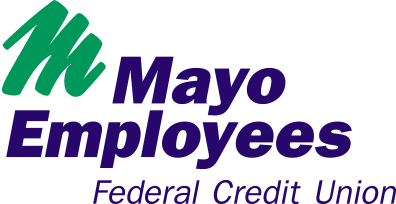
Right now is the perfect time to better organize your finances. With tax time approaching and holiday debt looming, take a look at how you can tidy up your finances!
If you have trouble saving money, keeping track of fees, or have multiple retirement accounts – you are not alone. While financial management is not always as simple as one would like, there are steps you can take to tidy up yours!
Follow these four steps to improve your financial organization:
1. Assess
Gather all of your financial statements/papers and place them in one big pile. Then go through them one by one to determine which category they fit into – savings, checking, investments, credit cards, and loans. This will enable you to look at the information you have long forgotten about as well as see similar accounts at once.
Next, empty your wallet and gather all of your credit and debit cards. Sort these cards by the frequency of use: daily, weekly, monthly, and less than once a month.
2. Determine Your Needs
Do you have more than one savings or checking account? Why do you have each account? If you rarely use some of these accounts you may be incurring fees you didn’t even notice – and those small amounts can add up over time. At MEFCU we offer a no-fee checking account that pays you dividends to help you save. Having multiple checking and savings accounts can make it harder to track expenses, be aware of potential fraud, and create piles of paper.
The same goes for Individual Retirement Accounts (IRAs). Each IRA held at other financial providers may incur an annual fee, a fee to close, or a paper statement fee. If you have multiple accounts it can cost you in the long run and reduce your return. By consolidating your IRA dollars, you may decrease your fees and streamline your financial management time. Consider meeting with one of our Financial Advisors for advice on investment tools and planning.
3. Consolidate & Cut
Now that you’ve looked at all your accounts one by one it’s time to determine what you can consolidate or cut. If you have multiple checking accounts, look at which ones you may want to close. Do any charge fees? Are there any you rarely deposit or withdraw from? Do you have an account that you rarely check, online or by visiting a location in person? If you find yourself saying yes to any of these questions, you can most likely cut that account from your financial life. Rollover any leftover funds into the account you plan to make your primary for checking and savings.
With your credit and debit cards consider consolidating or cutting any cards you use less than once per month. Also, you should factor in the length of time you have had each card and the fees or interest rates they charge. Closing a card you opened a long time ago may impact your credit score more than closing a new card you recently opened. If you would like further advice on how to review and improve your score schedule a Credit Score Clinic with our Credit Specialist.
For the credit cards, you decide to cut – make sure to close the account and shred the card. Many credit cards offer you rewards for use, so you may get more out of your spending by using one card. Plus, it’s fewer statements to monitor and manage in the event of fraud. Our Visa Credit Cards have no annual fee and an unlimited 1% cash rebate on all purchases.
4. Set Rules
To keep your finances organized consider setting a few basic rules. Select a number of accounts and cards you are comfortable managing; unless you have an important reason do not add more.
If you change jobs, relocate, or have any other major changes that affect your finances make sure to evaluate your accounts at the same time. Close any accounts you will no longer use.
If you would like additional help organizing your finances set up a meeting with our Financial Wellness Counselor.
Tidying up your finances will help improve your financial picture for years to come, and it doesn’t have to be done daily or even weekly. Commit to evaluating your accounts annually and review what you are paying in interest, or earning on accounts; then take the steps above to ensure you save more by managing your money wisely.
